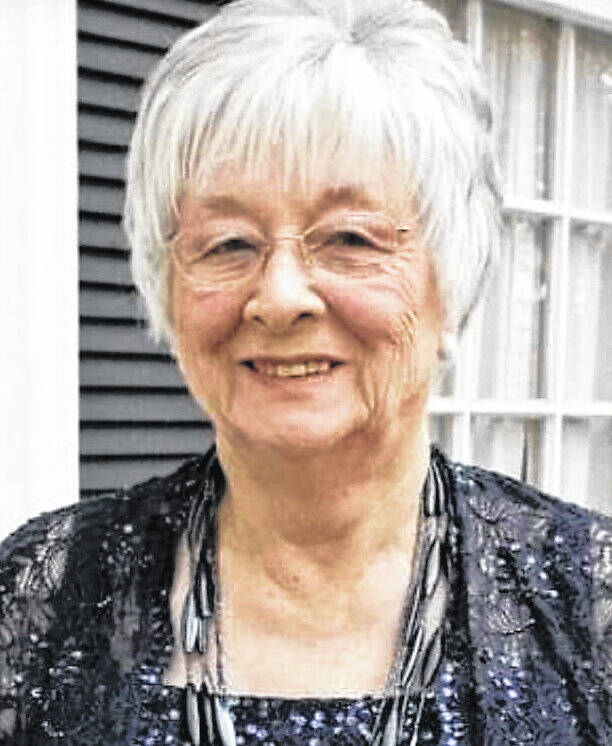FOLLOWING ADMINISTRATION’S REFUSAL TO MAKE TRANS PACIFIC TRADE AGREEMENT TEXT ACCESSIBLE, BROWN TO BLOCK NOMINEE TO KEY TRADE POST – With the Obama Administration’s refusal to make the text of the Trans Pacific Partnership trade agreement fully accessible to policy advisors with the requisite security clearances, U.S. Sen. Sherrod Brown (D-OH) announced that he will block the nominee for Deputy United States Trade Representative (USTR).
“The Administration would rather sacrifice a nominee for a key post than improve transparency of the largest trade agreement ever negotiated,” Brown said. “This deal could affect more the 40 percent of our global economy, but even seasoned policy advisors with the requisite security clearance can’t review text without being accompanied by a Member of Congress. It shouldn’t be easier for multinational corporations to get their hands on trade text than for public servants looking out for American workers and American manufacturers.”
In November, Marisa Lago was nominated by President Obama to be Deputy United States Trade Representative, with the rank of Ambassador, in the Office of the USTR. While her nomination hearing was held in July and she was confirmed by the Senate Finance Committee in early August, she must still be confirmed by the full Senate. Last week, Brown told USTR that he would place a hold on her nomination unless the text of the TPP was made available to policy advisors with requisite security clearances, without those advisors having to be accompanied by a Member of Congress.
BROWN STATEMENT ON SOCIAL SECURITY’S 80th ANNIVERSARY – U.S. Sen. Sherrod Brown (D-OH) – ranking member of the Senate Finance Committee’s Subcommittee on Social Security, Pensions, and Family Policy – issued the following statement on Social Security’s 80th anniversary.
“For the better part of a century, Social Security has been crucial to the financial security of millions of Americans of all income levels – including retirees, workers with disabilities, and children whose parents can no longer provide for them because of death or disability. While its benefits remain relatively modest, some in Washington are calling for cuts to Social Security.
“With less defined pensions and more seniors relying on Social Security for the majority of their incomes, we should be expanding Social Security instead of cutting it. Social Security’s continued success relies on Congress’s ability to work together. We must take steps to ensure that it remains strong for another eight decades and beyond.”
According to the 2015 annual trustees’ report, Social Security will be able to pay full benefits until 2034. The Social Security Disability Insurance (SSDI) Trust Fund can pay full benefits until 2017, at which point it will still cover 80 percent of benefits. Brown has pushed leadership in the House and Senate to abandon a partisan rule by the Republican House that would prevent Congress from using reallocation to rebalance Social Security’s trust funds – the equivalent of transferring money from a checking to a savings account. This practice, which has been used 11 times since 1957 with bipartisan support, would help strengthen SSDI.
BROWN ANNOUNCES SUPPORT FOR IRAN NUCLEAR AGREEMENT— U.S. Sen. Sherrod Brown (D-OH) – ranking member of the U.S. Senate Committee on Banking, Housing, and Urban Affairs – released the following statement in support of the international agreement designed to prevent Iran from acquiring a nuclear weapon.
“It’s critical that we prevent Iran from developing or acquiring a nuclear weapon. This agreement is the only viable option to achieve that goal. I have studied the details, listened to Ohioans on all sides of this issue, and consulted with nuclear experts like Energy Secretary Moniz, other administration officials, U.S. intelligence officials, and the ambassadors of our P5+1 allies. This deal is not about trusting the Iranian regime, but instead working with our allies on comprehensive, verifiable restrictions to block Iran’s pathways to a nuclear bomb without precipitating another war in the Middle East. We must continue to work with our allies in the Middle East – including our most important ally in the region, Israel – to ensure that their security concerns are fully addressed. Finally, Iran must understand that should it violate the terms of the agreement all options remain on the table.”





